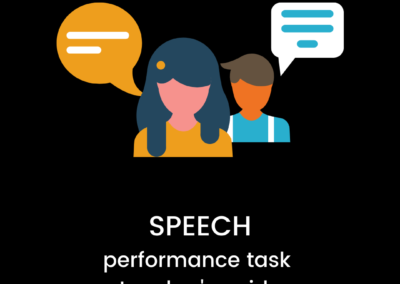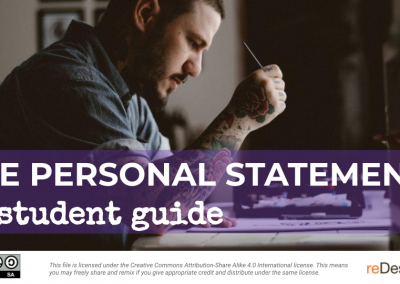
Description
The Debate Performance Task Guide was created as a way to support the teaching the skills of persuasion and argument within the realms of speaking and listening.
Young children learn to listen, then speak, then read, and finally, write. In school, our classrooms are often places of listening, reading, and writing, with speaking playing a smaller role. The use of debate as a performance task creates an opportunity to teach important literacy and critical thinking skills, combining the performance elements of evidence-based argumentation and collaborative discussion. Though college freshmen are rarely asked to undertake formal debates, the process students undergo when preparing to debate is strikingly similar to that which is required to write an argumentative essay. Our theory is that the skill of persuasive speaking supports students in their efforts to become strong persuasive writers.
Opportunities for Student Choice
Student choice can be encouraged in a number of ways. Students can choose the issue, and/or they can choose their position. They can also choose the resources they review, and the arguments combined with the facts, details, evidence, and anecdotes they will present.
Authentic Task
Debates and the skill embedded within are used in almost all professions: the medical field, business, legal services, education and social services, news, and politics, to name a few. Within these fields, they are used in various ways, including: in meetings, at conferences, to sway public opinion, and to call communities, constituents, and stakeholders to action on various issues. In addition, many students who go on to institutions of higher learning will have to defend a thesis. Both historically and currently, mastery of rhetoric is an essential skill. It requires that students use non-fiction informational texts and develop skills to comprehend as well as critique, respond to varying demands of audience and purpose, and construct viable arguments and rebuttals.
Opportunities for Exhibition to an Audience
There are many possible audiences for debates. If students are working on a school issue, they may conduct the debate in a school assembly or create a debate video posted on the school’s website. If it’s a community issue, they might prepare to present their arguments on the web or present at a council meeting or at town hall. Students can create a guest blog post for videos of their debates. They can create their own class web link and put debate videos together in one place. Students might also submit proposals to attend and participate in local and national debates.
Grade Level Exemplars/Models
Grade Level Adaptations
Elementary School: Student learning might focus on preparing strong arguments to defend a position.
Middle School: Students will potentially be able to predict the viewpoint of the counterposition and create a rebuttal in preparation for refuting their argument. This can be done in a “hot seat” fashion rather than a debate.
High School: Students might, while arguing for their position by acknowledging and countering opposing points of view, also focus on appealing to the emotion of the listener and speaking to ensure they project an image of credibility and win the debate.
Teacher Resources
About Debates
- http://grammar.about.com/od/d/g/debateterm.htm
- http://idebate.org/about/debate
- https://www.goodreads.com/quotes/tag/debate
- http://homeworktips.about.com/od/speechclass/a/debate.htm
- http://csdf.freeservers.com/coaching.html
Example Debates
- http://idebate.org/view/top_100_debates
- http://debate.uvm.edu/watchdebate.html
- https://sites.google.com/a/umich.edu/up-for-debate/great-debates-in-history
Teaching Debate
- https://www.debatingsa.com.au/Resources/Debating-Resources.php
- http://www.educationworld.com/a_lesson/lesson/lesson304b.shtml
- http://ethemes.missouri.edu/themes/1288?locale=en
- http://www.saskdebate.com/media/2875/2007gamesandactivitiesguide.pdf
- http://www.justiceteaching.org/lesson_plans.shtml
- http://teachingdebate.typepad.com/teaching_debate/debate_class/
- http://www.learnquebec.ca/en/content/curriculum/social_sciences/features/debate/resources/resources_tt.html
- http://learning.blogs.nytimes.com/2012/02/13/constructing-arguments-room-for-debate-and-the-common-core-standards/?_php=true&_type=blogs&_r=0
Hot Seat or Panel Presentations (Defending a Position)
- http://kb.its.psu.edu/cms/article/240
- http://www.tes.co.uk/teaching-resource/Debating-strategies-for-the-classroom-6320752/
- http://www.seattleymca.org/Locations/YouthAndGovernment/Documents/Activities%20and%20Resources/Hot%20Seat.pdf
- http://www.mhhe.com/cls/UsingTS2.pdf
- http://www.schoolhistory.co.uk/forum/index.php?showtopic=2415
- http://worldhistoryconnected.press.illinois.edu/6.2/eagan.html
Formative Tasks















